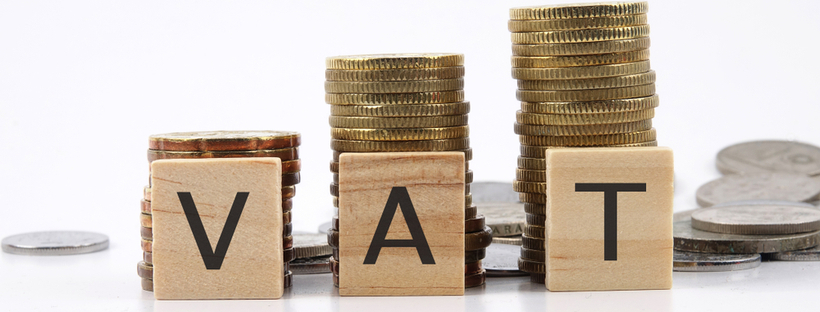

When you’re working hard to maintain and grow your business, you’d be forgiven for not keeping abreast of the latest VAT tax updates in your part of the world. No worries, let us handle that for you.
In the upcoming weeks and months, there are some UK VAT changes that could well have an impact on the business you do there. Some of these changes relate to indirect tax systems, processes or data. Below, we have summarized five of the key VAT updates you should be aware of.
1. Changes to Intrastat
Brexit has caused significant Intrastat changes to the trade and movement of goods between Great Britain and the EU. Starting January 1, 2022, Intrastat will no longer cover the movement of goods between any countries of Great Britain and the rest of the EU, with the exception of Northern Ireland. Businesses in Northern Ireland are now required to report the buyer’s VAT number and the 2-digit ISO country code where the goods were originally manufactured.
2. Extension of Making Tax Digital (MTD)
On April 1, 2022, the government will roll out its final phase of Making Tax Digital (MTD), the government’s initiative to make the UK “one of the most digitally advanced tax administrations in the world.” The two primary components of this initiative require businesses to keep digital records of all transactions and submit returns using software that can receive information directly from HMRC. The final phase will require all VAT registered businesses to comply with MTD, despite their size, value, and location.
3. Reduced change to VAT rates
On April 1, 2022, the hospitality industry will be required to revert to paying the 20% standard VAT rate for all goods and services instead of a rate of 12.5%, the discounted rate they were granted in June 2020 due to Covid-19. This is a significant change that restaurants, bars, and hotels will need to adjust to, and businesses will need to update their POS systems and review their pricing models to ensure they’re ready for the change.
4. VAT penalties for businesses who miss submission deadlines
The new late submission penalties will go into effect on January 1, 2023 and will affect businesses who fail to provide returns and other HMRC-requested documents on time. This new system will more proportionally penalize businesses who routinely miss deadlines rather than those who only do so on occasion.
Taxpayers will no longer receive an automatic financial penalty if they fail to meet an obligation. Instead, they will incur points for missed deadlines before receiving a financial penalty. Businesses will receive a point every time they miss a submission deadline and HMRC will notify them after each point. At a threshold of points determined by how often a business is required to make a submission, HRMC will implement a £200 penalty and the taxpayer will be notified.
The penalty thresholds will be:
Businesses can rest assured that HMRC is introducing the policy gradually over the course of the first year. HMRC will not assess a business’ first penalty (2%) after 15 days. Instead, it will allow taxpayers 30 days to approach HMRC before a penalty is charged.
5. HMRC provides access to older Postponed Import VAT Statements
HMRC now provides an archiving service so businesses can access their older Postponed Import VAT Accounting (PIVA) statements. When PIVA was launched in January 2021, HMRC only provided access to copies of the Postponed Import VAT statements for the prior six months. To view and download a statement, businesses have to contact the Customs Declaration Service to provide its details. Then, they can simply select ‘Requesting an older statement’ on their financial dashboard.
Paying VAT can sometimes be manual, slow and costly. Withdrawing funds from your online sales to a bank account and waiting for funds to arrive can take days and exchanging between different currencies can mean some hefty bank fees. At Payoneer, we make it easy for you to stay on top of all your VAT payment obligations by enabling you to make VAT payments directly from your account. This means you can skip the whole ‘withdraw to bank’ process, make payments instantly, and with multi-currency receiving accounts, you can hold GBP and Euros all from your Payoneer account so you always have the currency you need to make VAT payments. What’s more, you’ll also save on any transfer or exchange fees as paying from your Payoneer account is absolutely free.